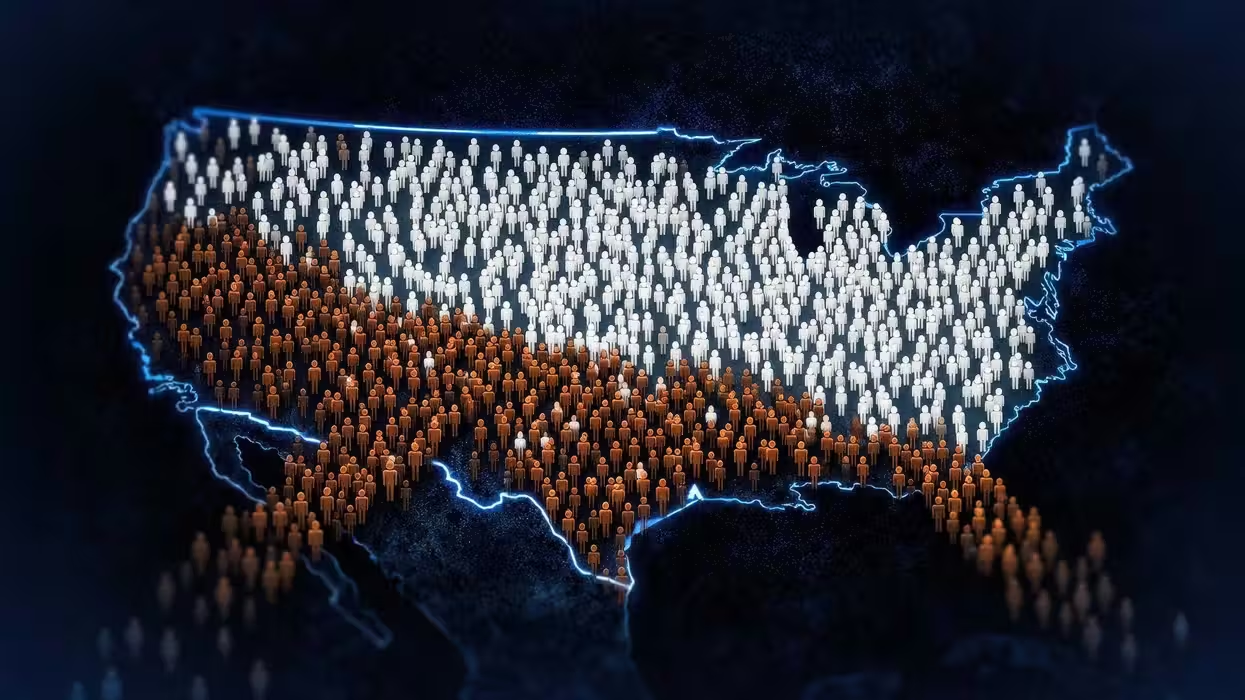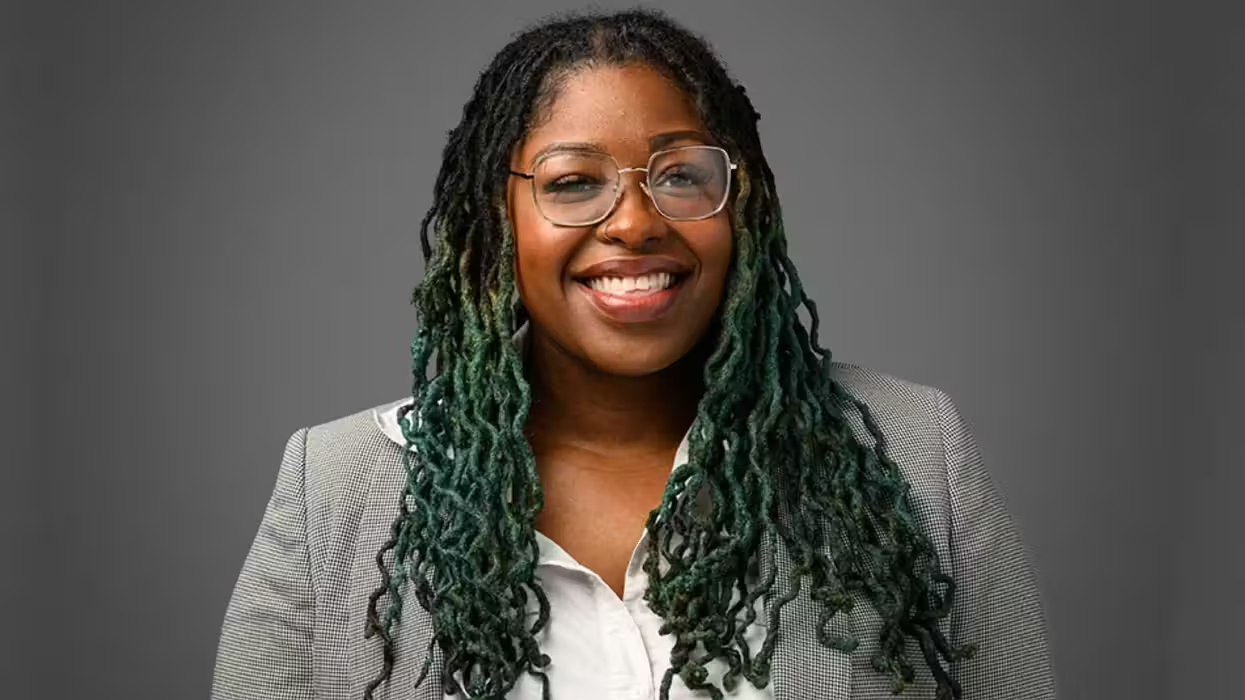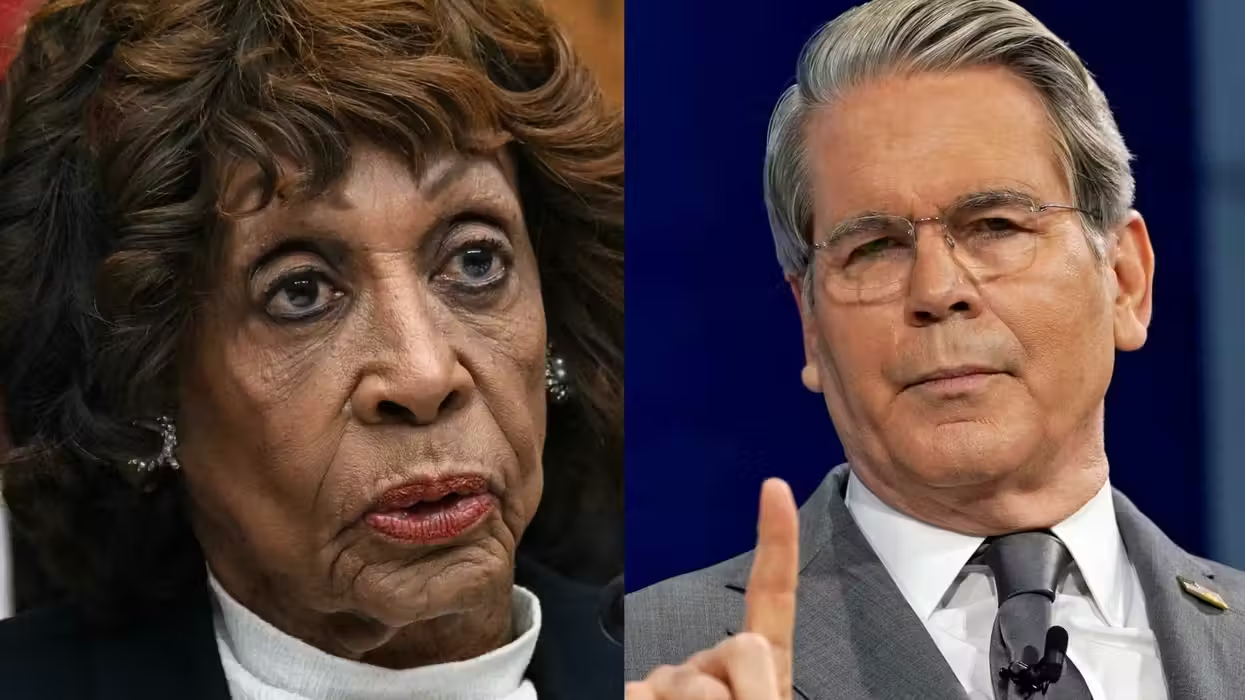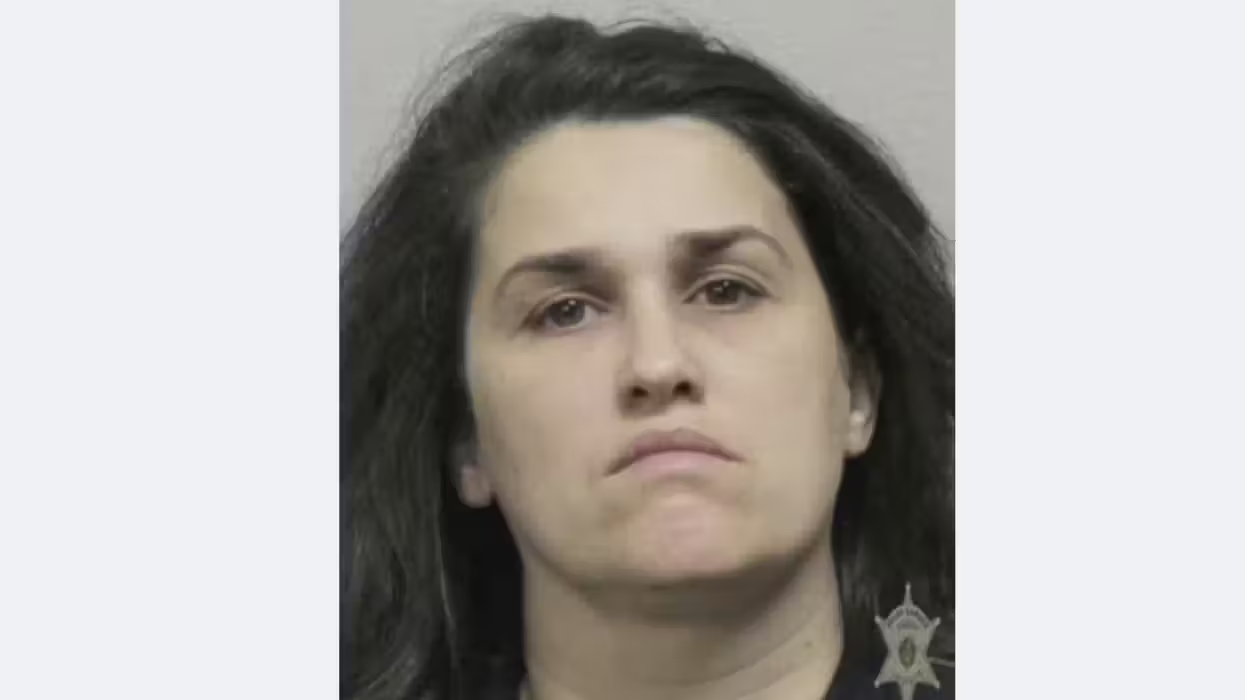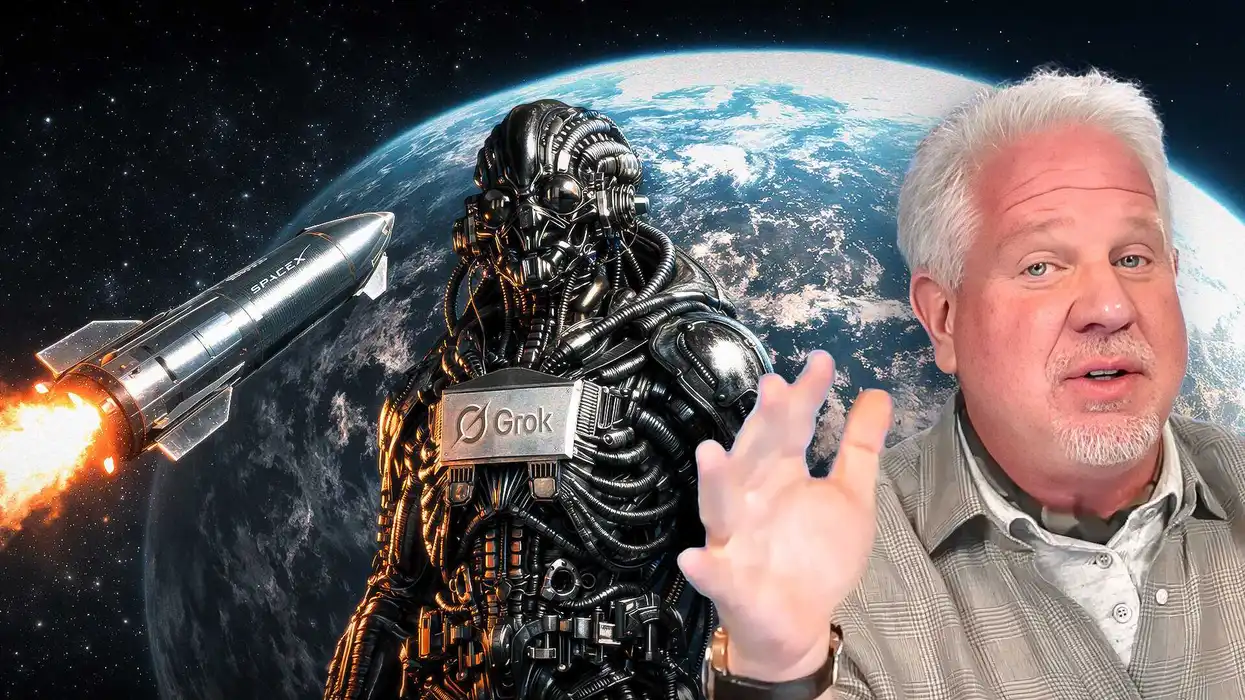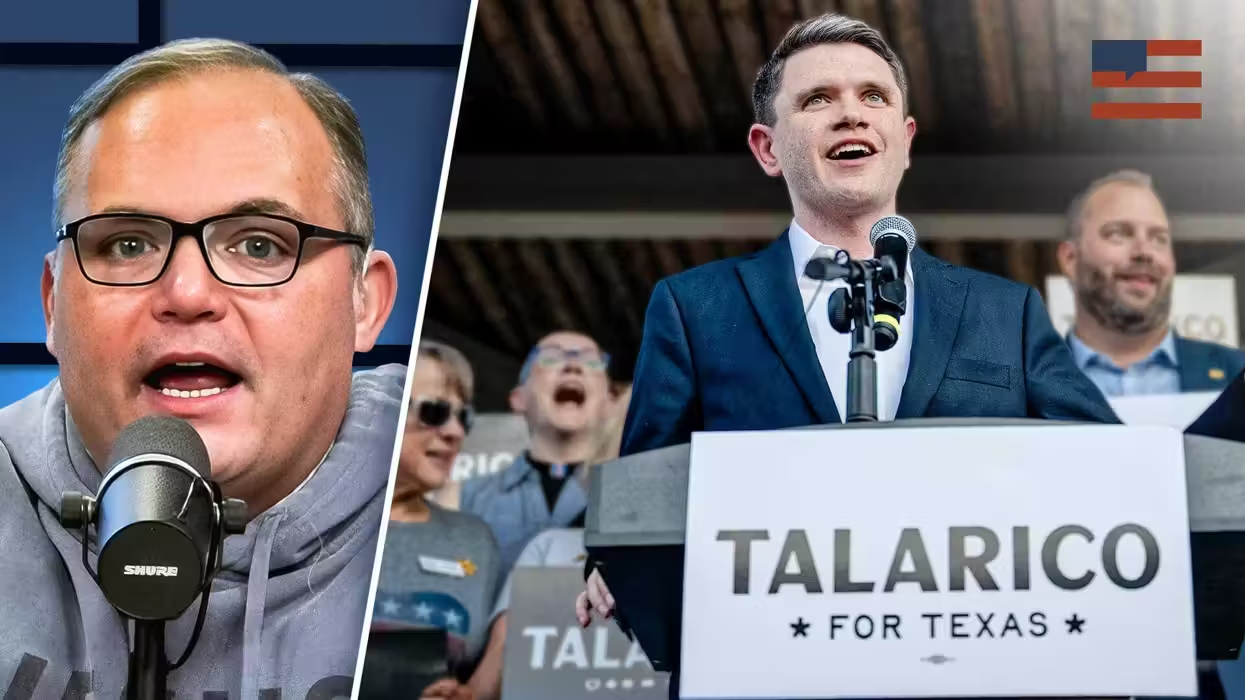MOSCOW (AP) -- The main suspect in Russian opposition politician Boris Nemtsov's killing has signs of torture on his body and was forced to confess to the shooting, a human rights activist said Wednesday.
 MOSCOW, RUSSIA - FEBRUARY 28: Police guards the place of murders of Boris Nemtsov on Moskvoretsky bridge in Moscow, Russia on February 28, 2015. Russian opposition leader and formed Deputy Prime Minister Boris Nemtsov was shot dead at night February 28 just a few steps from the Kremlin. (Photo by Dmitry Kuchev/Kommersant Photo via Getty Images)
MOSCOW, RUSSIA - FEBRUARY 28: Police guards the place of murders of Boris Nemtsov on Moskvoretsky bridge in Moscow, Russia on February 28, 2015. Russian opposition leader and formed Deputy Prime Minister Boris Nemtsov was shot dead at night February 28 just a few steps from the Kremlin. (Photo by Dmitry Kuchev/Kommersant Photo via Getty Images)
Investigators didn't confirm or deny the accusations made by Andrei Babushkin, a member of a Russian human rights commission. But they said Babushkin may have broken the law by making the comments.
Babushkin told The Associated Press that he visited the detention center where main suspect Zaur Dadaev had been held on Tuesday.
Babushkin said there were abrasions on Dadaev's body and that he had been "tortured by those who detained him" and later taken to the Investigative Committee, where "he was forced to confess."
Five people have been detained in connection with Nemtsov's shooting on Feb. 27. Dadaev was the only one who, according to a judge, confessed to the killing, though in court he didn't admit guilt.
The commission that Babushkin belongs to is an unofficial advisory body to the president. It operates under the auspices of the Kremlin, but many of its members are respected activists with decades-long careers in human rights work in Russia.
Russia's Investigative Committee said in a statement that Babushkin and a journalist accompanying him had been allowed to visit Dadaev's prison cell only to see the conditions under which he was being held, but had broken the law by publicizing details about the case.
"Such actions may be regarded as interference in the investigation," the statement said.
The committee said that this was "a violation not only of the rules (of visiting rights) but also of the law," and said that both Babushkin and the journalist would be questioned by investigators.
The committee, however, didn't confirm or deny Babushkin's claims that Dadaev had been mistreated.
In an interview published with the newspaper Moskovsky Komsomolets by journalist Eva Merkacheva, Dadaev said that he had been detained for two days with a bag over his head.
 Moscow, Russia - September,21: Russian opposition leader Boris Nemtsov attends the March of Peace hold a rally in Central Moscow, Russia. Thousands people gathered to protest against Vladimir Putin's policy and against the war with Ukraine in Donetsk and Lugansk regions. (Photo by Sasha Mordovets/Getty Images)
Moscow, Russia - September,21: Russian opposition leader Boris Nemtsov attends the March of Peace hold a rally in Central Moscow, Russia. Thousands people gathered to protest against Vladimir Putin's policy and against the war with Ukraine in Donetsk and Lugansk regions. (Photo by Sasha Mordovets/Getty Images)
"They shouted at me all the time: `Have you killed Nemtsov?' I told them, `No,'" he was quoted as saying.
When investigators told him that a friend who had been detained "would be released if I confessed, I agreed. I thought they would save him, and that I would be brought to Moscow alive."
---

 MOSCOW, RUSSIA - FEBRUARY 28: Police guards the place of murders of Boris Nemtsov on Moskvoretsky bridge in Moscow, Russia on February 28, 2015. Russian opposition leader and formed Deputy Prime Minister Boris Nemtsov was shot dead at night February 28 just a few steps from the Kremlin. (Photo by Dmitry Kuchev/Kommersant Photo via Getty Images)
MOSCOW, RUSSIA - FEBRUARY 28: Police guards the place of murders of Boris Nemtsov on Moskvoretsky bridge in Moscow, Russia on February 28, 2015. Russian opposition leader and formed Deputy Prime Minister Boris Nemtsov was shot dead at night February 28 just a few steps from the Kremlin. (Photo by Dmitry Kuchev/Kommersant Photo via Getty Images)
 Moscow, Russia - September,21: Russian opposition leader Boris Nemtsov attends the March of Peace hold a rally in Central Moscow, Russia. Thousands people gathered to protest against Vladimir Putin's policy and against the war with Ukraine in Donetsk and Lugansk regions. (Photo by Sasha Mordovets/Getty Images)
Moscow, Russia - September,21: Russian opposition leader Boris Nemtsov attends the March of Peace hold a rally in Central Moscow, Russia. Thousands people gathered to protest against Vladimir Putin's policy and against the war with Ukraine in Donetsk and Lugansk regions. (Photo by Sasha Mordovets/Getty Images)

